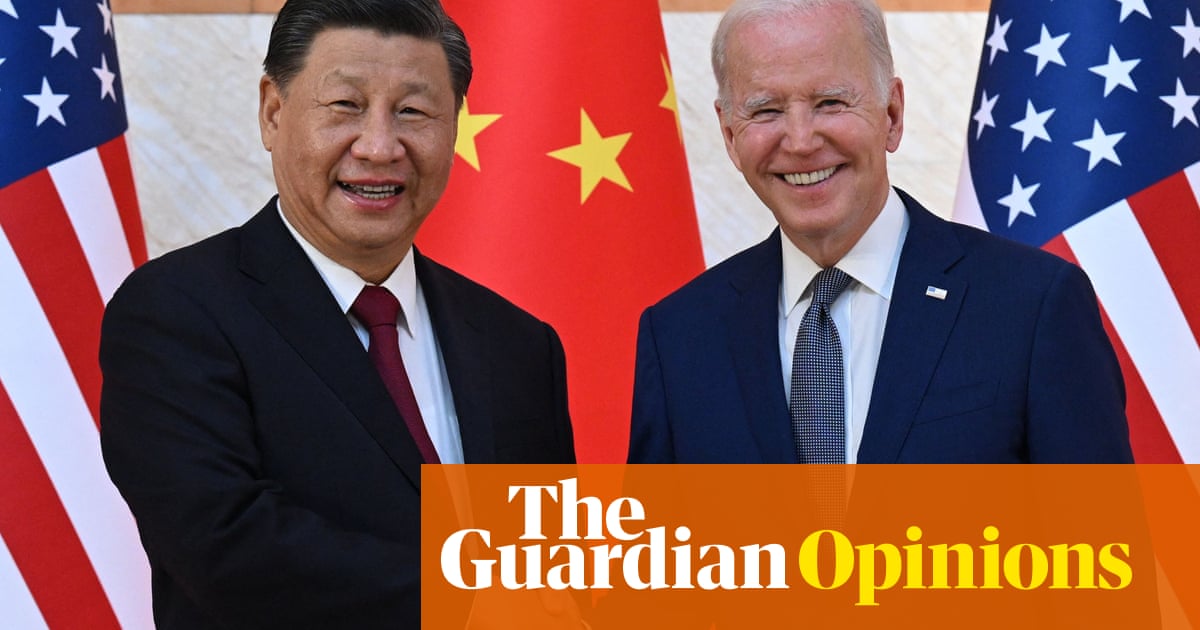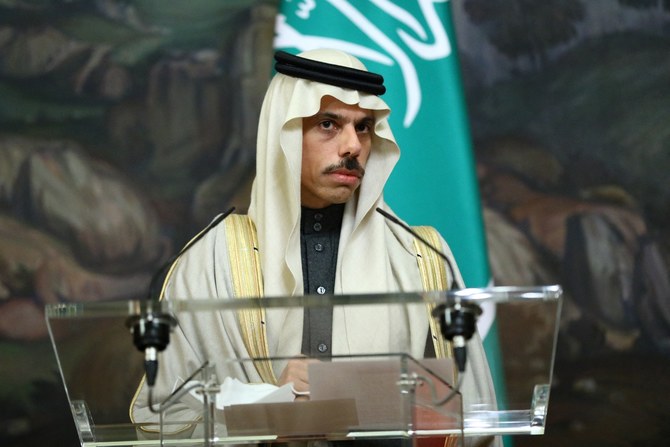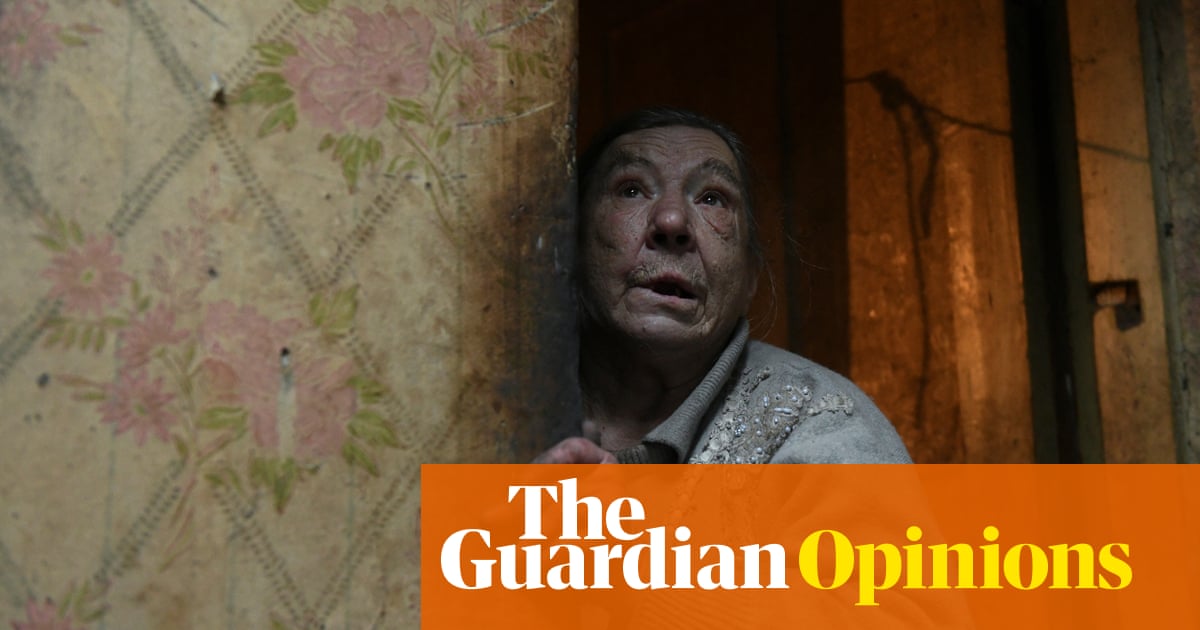
At what should have been a time to celebrate 75 years of relative world peace and serious introspection about critical failures, the 75th UN General Assembly was instead hijacked by bitter acrimony unpalatable at a forum of high-level diplomacy. Before this uncharacteristic trading of jabs between world leaders, a new reality was already settling in, with a unipolar world designed around Washington and buoyed by advanced industrial democracies giving way to an increasingly multipolar realignment.
Nations peripheral to the system of multilateral governance after the Second World War, such as China and India, are on the rise and actively seek to renegotiate where they stand. However, for supporters of the outgoing Pax Americana, changing realities are often seen as a challenge to be thwarted and not opportunities to advance greater liberal internationalism. They reject new forms of cooperation and inclusive coalitions built by and around economic and security interdependence, which often involve arriving at critical compromises even in the deepest trenches of bitter geopolitical or regional rivalry.
Doing so, however, has simply encouraged the rest of the world to seek alternative arrangements, which could risk the far-flung interests of those invested in maintaining the current order. In essence, they become accessories to the existing flawed global order’s accelerated decline as they continue fighting to defend it.
Fortunately, there are ways for a rules-based international order to survive the onslaught of calls for a return to the divided world of protectionism and insularity. The world must use the UN’s 75th birthday to begin a painful, much-needed transition. The next phase of 21st-century multilateralism is the redistribution of authority, collective leadership, ownership and cooperation based on pragmatic bargains, not all-or-nothing diktats.
It is unsurprising that most world leaders’ speeches, especially those from the Global South, share a common refrain, i.e. reforms of the institutions and organizations that prop up our current system of multilateral governance.
Proposals to expand the number of permanent and non-permanent seats on the Security Council are not an indictment of the UN’s most powerful decision-making body or a criticism of its increasing ineffectiveness. They should be seen as pleas to save the best aspects of post-1945 liberal internationalism that still remains the prism through which most countries conduct affairs or establish relationships beyond their borders. Indeed, the American-led efforts at Potsdam, Yalta, Tehran and Bretton Woods actually bore fruit where two centuries of wars and economic turmoil failed. The global landscape is now awash in an expansive array of stakeholders finding new ways to cooperate, bargain and coalesce around common goals and in service of mutual interests.
It would be the greatest folly and the harbinger of our undoing should we abandon 75 years of progress chasing after the familiar fractures of unipolarity, out of fear of the limitless possibilities in structured, rules-based global multilateralism.
So, what would future multilateralism even look like?
There are no grand alternatives, as flawed and selectively effective as it is, to our current system of multilateral governance. If anything, the alternative is chaos. Fortunately, as resistant as the Security Council remains to reforming itself, the “new normal” is already developing, from shared governance and leadership as seen in the highly adaptive G-groupings.
The biggest criticism of the Security Council is its inflexibility, which hampers effectiveness and risks sparking its own legitimacy crisis.
Hafed Al-Ghwell
The biggest criticism of the Security Council is its inflexibility, which hampers effectiveness and risks sparking its own legitimacy crisis. The result is the formation of groups like the G20 and beyond, which emphasize the participation and inclusion of the developing world in a forum light on the pageantry of treaty-bound formalities.
Economic interdependence and trade will also be a lynchpin of future global multilateralism as long as the World Trade Organization is successfully reformed and retains its economic governance capacities. There is no denying that without political squabbling, reciprocity in trade has achieved significant progress in identifying and developing mutualities, resulting in increasing interdependence and economic specialization.
Such benefits of reciprocal bargaining can then spill over even more into arenas beyond trade, such as negotiating or deescalating cross-border areas of contention, from water resources to conservation areas.
Lastly, increased regionalization ought to lessen the “hegemon’s burden” of the West as increased participation and inter-connectedness has over-stretched existing governance bodies. Regional issues, such as political instability, economic woes, terrorism and transnational crime, have proven repeatedly that they exceed a single state"s capacity to deal with effectively.
Additionally, long-term recovery and plans to build resilience into societies and economic systems to counter future pandemics have spared a scramble for regional multilateralism. While the international system appears to be crumbling under multiple crises and self-inflicted wounds, fast-paced realignments are occurring at the regional level in Asia and the Middle East. The future is shaping up to be one shared between global multilateralism’s set of universal norms, rules and principles, underpinned by regional commonalities.
It is tempting to argue that the multitude of crises and intensifying conflicts around the world are signs that the current system is done for and the lack of an alternative augurs a return to the familiar trappings of bilateralism and insularity.
However, the reality is different; the world is simply experiencing the birth pains of a revised system of multilateral governance — a process the advanced economies demurred on initiating, having rested on their laurels after the collapse of the Soviet Union.
The rest of the world is not angling for a system of closed off blocs and insulated regions; only one that is inclusive, encourages participation of all stakeholders and leaves ample room for regions to formulate systems better designed or equipped to tackle their unique challenges.
Denying the emergent reality risks undoing 75 years of progress in establishing a rules-based order in which nearly 200 independent, sovereign nations can cooperate, trade, bargain and unite behind common goals. It is long past time for the world to advance to a more equitable order — one we can all look forward to celebrating when the UN turns 100.
Hafed Al-Ghwell is a non-resident senior fellow with the Foreign Policy Institute at the John Hopkins University School of Advanced International Studies. He is also senior adviser at the international economic consultancy Maxwell Stamp and at the geopolitical risk advisory firm Oxford Analytica, a member of the Strategic Advisory Solutions International Group in Washington DC and a former adviser to the board of the World Bank Group. Twitter: @HafedAlGhwell
Disclaimer: Views expressed by writers in this section are their own and do not necessarily reflect Arab News" point-of-view












